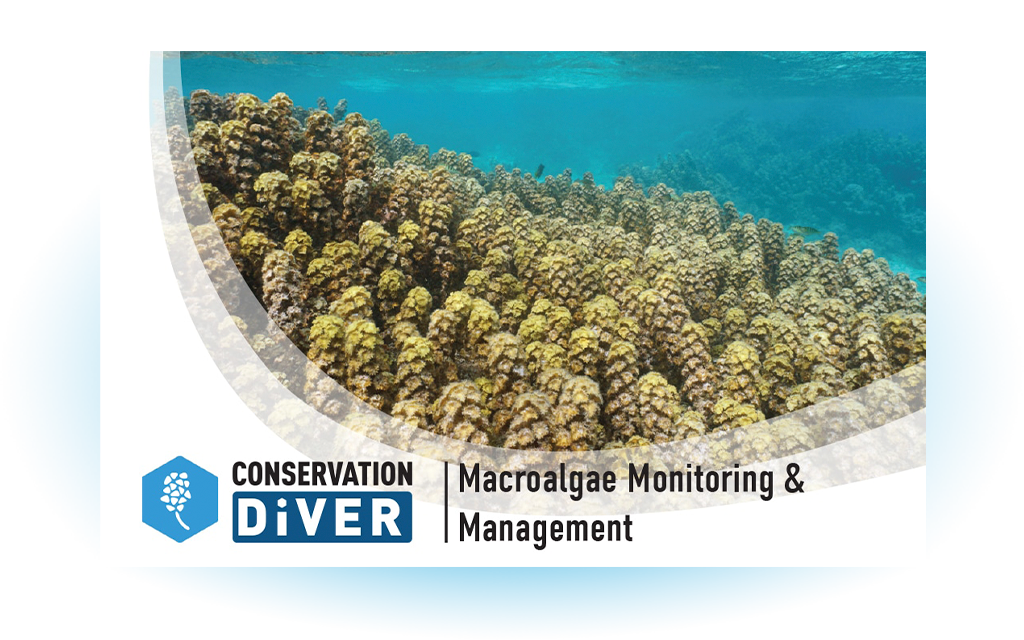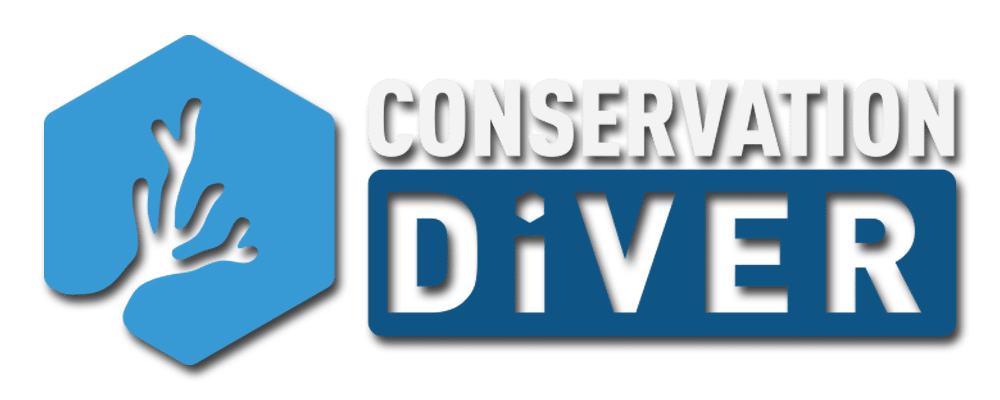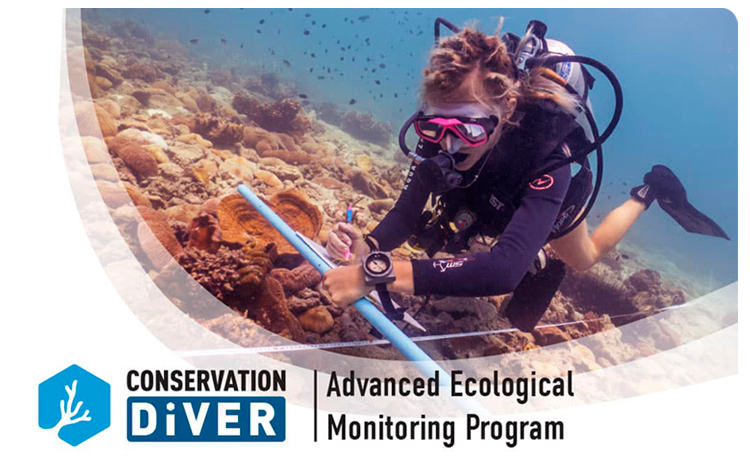
Macro Algae Monitoring & Management
Macro algae are a natural part of our ocean ecosystems, providing a food sources to grazing herbivores and regulating the ocean environment by absorbing carbon dioxide and nitrates whilst releasing oxygen. However due to shifts in nutrient levels flowing onto the reef, macro algae overgrowth is a growing concern. They can foul over coral, take up value clear substrate preventing coral larvae to land and grow, as well as cause eutrophication and harmful blooms that can devoid the ocean of life.
Explore the distinctions between terrestrial and marine plants, delve into microalgae types, and understand cyanobacteria's pivotal role in Earth's evolution.
Grasp macro-algae's reproductive tactics and their implications for reef ecosystems. Investigate the chemical composition's influence on pigmentation and depth distribution.
Recognize how marine plants contribute to the carbon cycle. Acquire expertise in marine plant anatomy, morphology, and diagnostic features for identification.
Gain insight into the taxonomic system, and develop practical skills for monitoring, recording, and identifying marine plants and microorganisms. Additionally, familiarize yourself with family and genus recognition.
Program Eligibility and Requirements
To join the Macro Algae Monitoring & Management Program, participants need to meet the following criteria:
- Age Requirement: Applicants must be 12 years of age or older.
- Diver Certification: Applicants should hold certification as an Advanced diver from a recognized diving organization such as PADI, SSI, RAID, or similar. Alternatively, Open Water divers can be eligible if they have successfully completed a buoyancy appraisal under the guidance of a professional diver.
- Diving Proficiency: Applicants need to showcase advanced diving skills, including excellent buoyancy control and self-awareness.
- Certifications: Interested individuals must have completed the following certifications offered by our program:
- Ecological Monitoring Program (EMP) certification
Upon Enrollment in the Course, participants will be required to:
- Attend knowledge development session
- Practice identifying marine plants on land using photo analysis and/or specimens
- Perform 1 survey dive to analyse macro algae coverage using a quadrat
- Perform 1 survey dive specifically taking data on macro algae genera as part of the EMP substrate dive
- Be able to accurately identify at least 5 of the most common algae genera to the region
- Complete e-Learning
Published papers and reports derived through the teaching of this course
- Recruitment of hard coral communities on giant clam shells (Cardiidae: Tridacna) differ from surrounding reef habitats at a tourist destination in the Gulf of Thailand Rahul Mehrotra, Alyssa Allchurch, Coline Monchanin, Chad M Scott
- Citizen science reveals the population structure and seasonal presence of whale sharks in the Gulf of Thailand Kirsty Magson, Emily Monacella, Chad Scott, Noémie Buffat, Sirachai Arunrugstichai, Metavee Chuangcharoendee, Simon J Pierce, Jason Holmberg, Gonzalo Araujo
- Population dynamics of corallivores (Drupella and Acanthaster) on coral reefs of Koh Tao, a diving destination in the Gulf of Thailand by Chad M. Scott, Rahul Mehrotra, Margaux Y. Hein, Michelangelo S. Moerland, and Bert W. Hoeksema
- Rare zooxanthellate Nanipora octocoral (Helioporacea) in the Gulf of Thailand by Pau Urgell Plaza, Rahul Mehrotra, Chad M. Scott and James Davis Reimer
- Changes in hard coral abundance and composition on Koh Tao, Thailand, 2006-2014 by Chad M. Scott, Rahul Mehrotra, Madalena Cabral and Sirachai Arunrugstichai
- An update to the list of coral reef fishes from Koh Tao, Gulf of Thailand by Patrick Scaps and Chad M. Scott
- Incident Report and Restoration Overview: Boat Grounding, Chalok Ban Kao Reef, January 2017 2015. by Chad Scott, Spencer Arnold, Elouise Haskin, Kirsty Magson, Rahul Mehrotra, Joel Rorher, Pau Urgell Plaza






